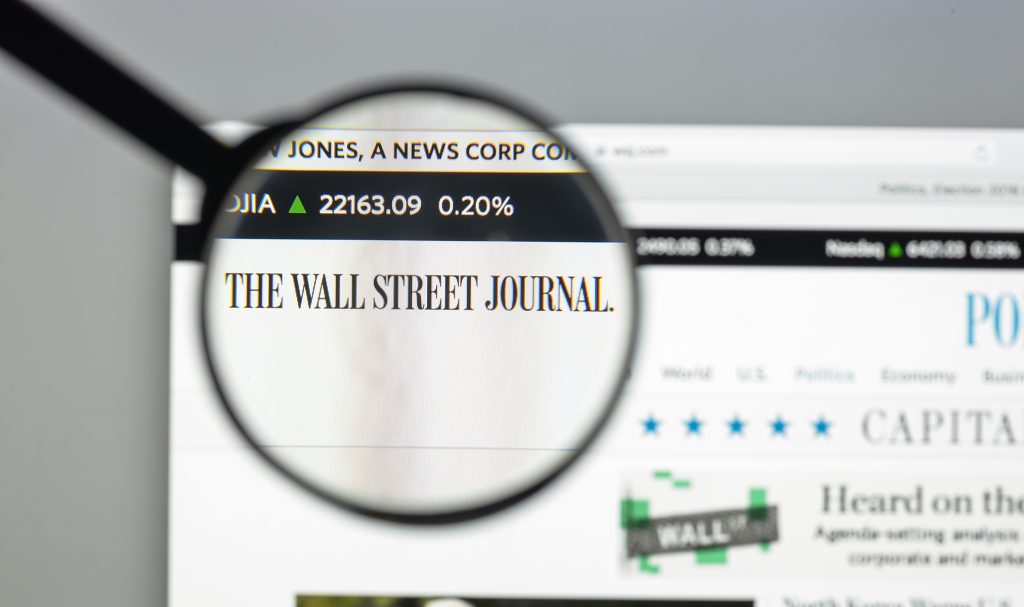While the full story is likely yet to be told, one popular explanation for OpenAI co-founder Sam Altman’s removal from the labs’ CEO post is that among board members, there was a growing faction “fearful that A.I. may soon surpass human abilities and become a threat to our survival.” The words in quotes are those of New York Times technology writer Kevin Roose. One hopes he reported the fears with a wink.
Really, what’s the point of AI advances if the fruits of those advances aren’t robots and other forms of automation that surpass human ability? Better yet, what investors would commit copious amounts of capital to advances that are thought to be ho hum? One guesses the latter would be a tough sell to VCs bent on funding the impossible.
Looking back in time, it’s no reach to presume that the money behind tractors, trains, cars, computers, and the internet itself was similarly wild-eyed in terms of optimism, unrealistic, or name your adjective. In other words, that tractors could vastly surpass humans in the act of farming (farming, once the biggest employer in the world) only became apparent after the fact. And that’s why tractors proliferated. If they’d proven pedestrian, we wouldn’t know about them today. And you certainly wouldn’t be reading about tractors online.
The reality is that every great advance becomes great precisely because it vastly improves on the human capacity to do things. Amen to that. Seriously, who reading this would like it if work were defined by endless outdoor toil from dawn to dusk, six days per week? Would anyone reading this write-up like work as a chauffeur of a horse-drawn carriage, or mail delivery by horse? Technology by its very name is the replacement of human effort, and just about always is about machines vastly surpassing human effort.
Yet far from these advances existing as “a threat to our survival,” they in truth ensure our survival in lavish fashion. That is so because what replaces human effort doesn’t put us out of work as much as it enables us to specialize our work. The division of labor is the most powerful productivity driver the world has ever known, and the latter explains why Henry Ford was once able to transform a rare bauble of the rich into a common good.
In which case, imagine the staggering abundance all around us once machines can not only do for us, but also think for us. Not only will our survival be assured, but it will be assured in the most lavish of ways.
Will we all become layabouts? The question is Luddite dumb. What surpasses human ability doesn’t replace human ability as much as it propels it to heights previously unimagined. Indeed, while tractors and fertilizer surely “destroyed” the work of the past, we didn’t stop working as much as we did work more associated with our unique skills and intelligence. Better yet, we discovered market applications for our genius that didn’t previously exist. Out of the mass production of food emerged cars, computers, cures, and all manner of advances that weren’t possible when so much of human effort was directed toward food.
Back to the fears of some in the AI space that advances in same “may soon surpass abilities and become a threat to our survival,” it’s amazing even the ignorant could believe what is so at odds with reality. Precisely because AI will surpass human abilities if it reaches its potential, humans will continue to discover new skills formerly suffocated by – yes – a lack of robots.
To believe as the AI worriers do, is to believe that humans are at the frontier of their potential. Such a belief is much less than serious.
Republished from RealClear Markets





